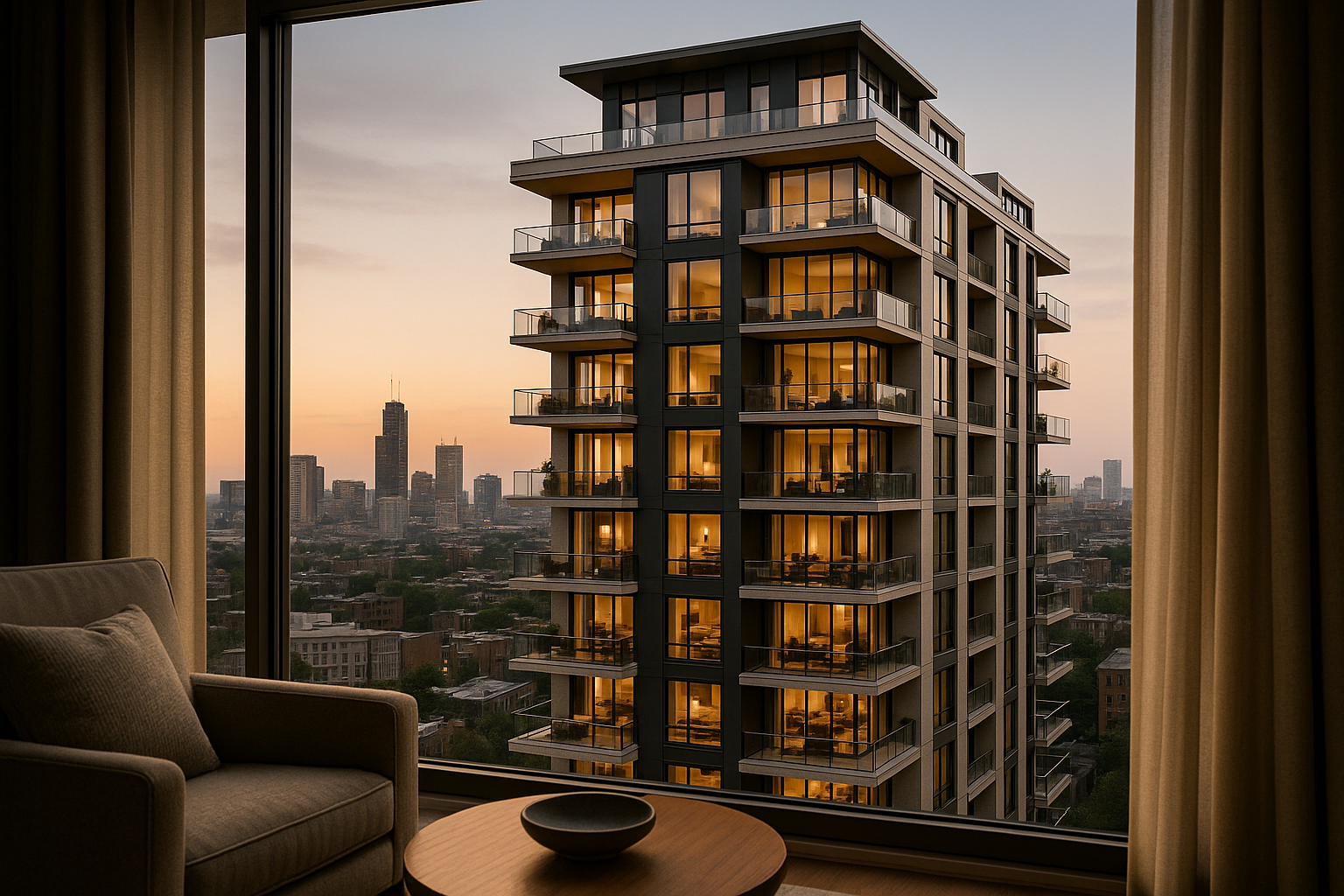Decoding the Appeal of Boutique Condominiums in Urban Real Estate
The landscape of urban real estate is ever-evolving, and a trend that has been making waves in recent years is the rise of boutique condominiums. These small-scale residential buildings, usually characterized by a limited number of units and a strong emphasis on design and personalized services, offer a unique blend of privacy, luxury, and community that is increasingly appealing to city dwellers. The allure of boutique condominiums lies in their ability to offer an antidote to the impersonality of high-rise living, while still providing the convenience of an urban location.

A Brief History of Boutique Condominiums
The concept of boutique condominiums emerged in the 1980s, primarily in response to the increasing homogeneity of urban residential architecture. As high-rises became the norm in cities, there was a growing demand for homes that offered a more unique and personalized living experience. The term “boutique” originally comes from the world of fashion, where it refers to small, exclusive stores that offer unique and high-quality products. This concept was adopted by the real estate industry to describe condominiums that prioritized quality over quantity, offering fewer units but with greater attention to design, amenities, and personal service.
The Current Market Scenario
Today, boutique condominiums have become a significant niche in the urban real estate market. They appeal primarily to two demographic groups: millennials who value unique and fashionable living spaces, and empty nesters looking to downsize without sacrificing quality and convenience. Boutique condos often offer features like high-end appliances, bespoke interiors, private outdoor spaces, and personalized concierge services. They also tend to foster a strong sense of community among residents, thanks to the smaller number of units and shared communal spaces.
The Pros and Cons of Investing in Boutique Condominiums
Investing in boutique condominiums can offer several advantages. Given their unique appeal, these properties often command higher prices per square foot compared to traditional high-rises. They also tend to attract a stable and reliable tenant base, which can lead to steady rental income. However, there are also risks. Boutique condos can be more sensitive to market fluctuations due to their relatively high prices and niche appeal. Additionally, the smaller scale of these buildings can mean fewer economies of scale in terms of maintenance and management costs.
The Potential Impact on the Real Estate Market
The rising popularity of boutique condominiums is shaping the urban real estate market in several ways. Firstly, it is challenging the dominance of high-rises and encouraging diversity in residential architecture. Secondly, it is pushing developers to focus more on quality and uniqueness, rather than simply maximizing the number of units. Lastly, by attracting a diverse mix of residents, boutique condos are contributing to the vibrancy and dynamism of urban neighborhoods.
In conclusion, while boutique condominiums represent a relatively small segment of the real estate market, their influence is significant and growing. Their rise reflects a broader shift in consumer preferences towards homes that offer not just a place to live, but a distinctive lifestyle. As the urban real estate market continues to evolve, it will be interesting to see how this trend develops and shapes the cities of the future.




